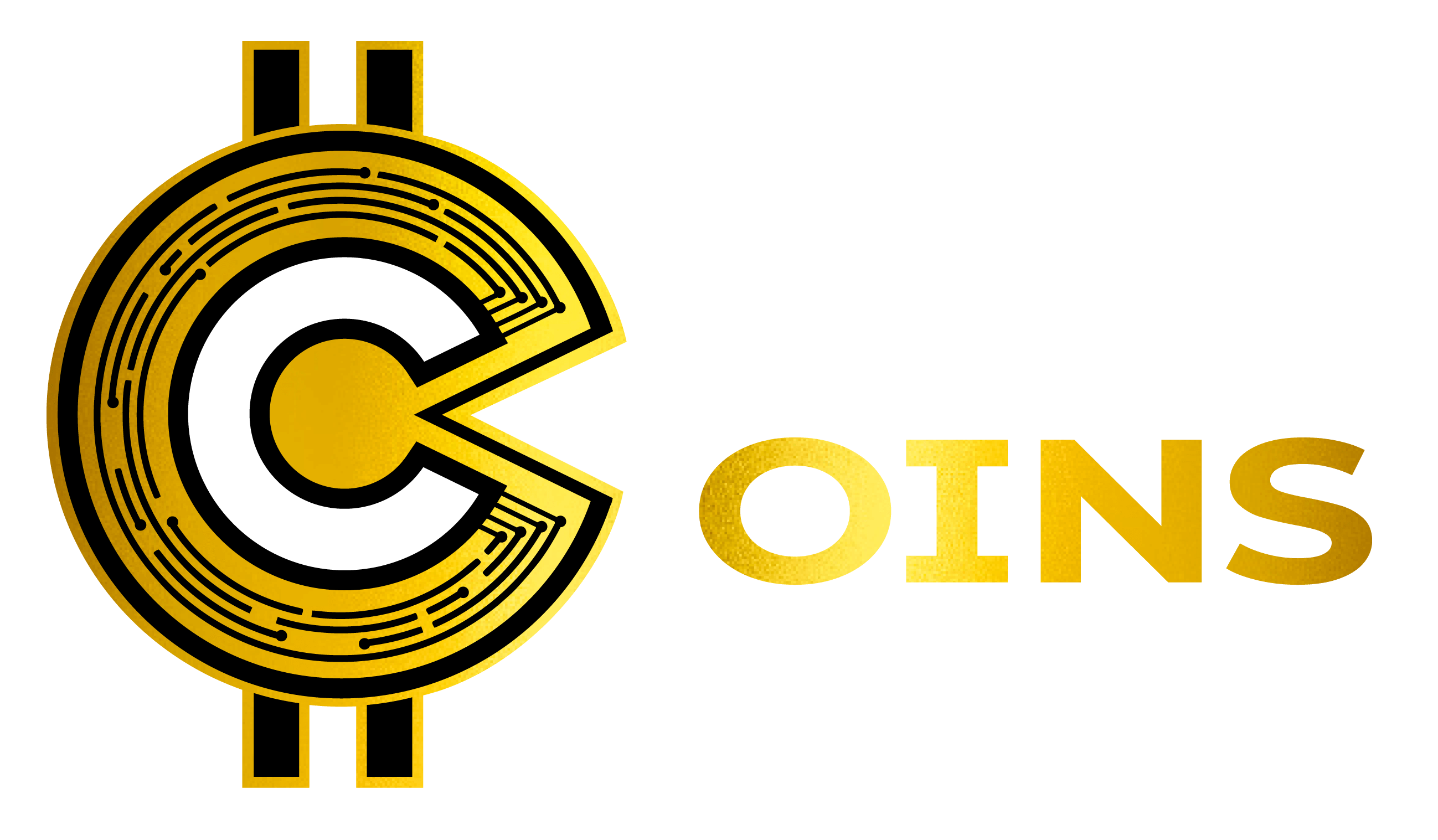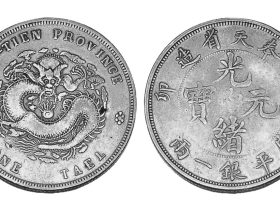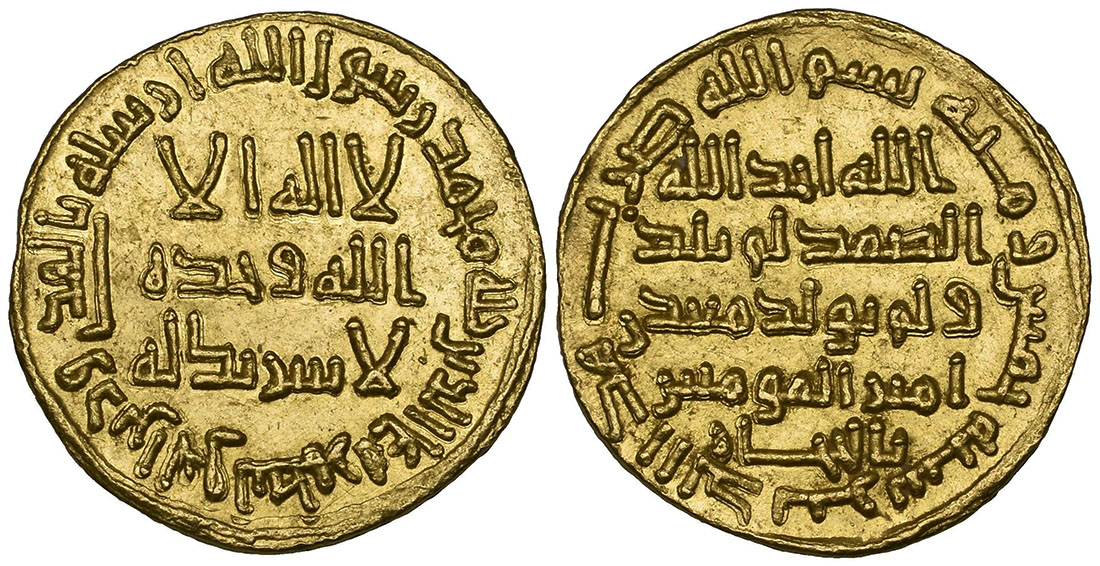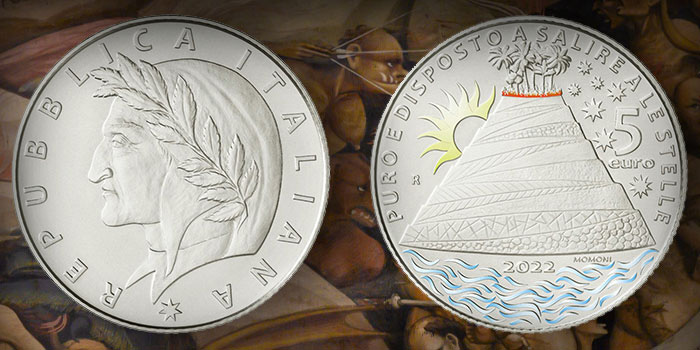Learn how to start a collection of English coins in this foreign coin collecting guide. Determine what coins to collect such as British gold coins, rare antique English coins and more.
Collecting British coins is ideal for world coin collectors who wish to set direction or focus in the hobby of foreign coin collecting.
For one, you will never run out of interesting coins to collect. The British coin history is a long journey of changing currencies. In the early years of the British Isles (England, Ireland, and Scotland), a hodgepodge of coins were used as money for trading.
For numismatists who wish to collect modern British coins, the Royal Mint produces mint and proof coin sets which are famed for their beauty and superior quality. While for plain coin investors, British bullion coins like the British gold sovereigns and gold Britannias are the main British gold coins popular for their bullion fineness.
Here are a few tips for you to start a collection of old English coins and modern British coin collectibles.
1.) Decide what English coins to focus on
Establishing focus in the hobby will not only help you organize your collection more easily, it will also help you avoid making impulsive and wasteful purchase.
List down all the possible categories of collectible English coins so you could choose which types you would collect.
• Old British coins – you can collect English coins which were issued before 1980s. This way you will find specific stores or online coin shops that specialize antique British coins like rare English shillings, medieval age farthings, nobles, old British sovereign gold coin, nobles, etc.
• Collect by monarch or by date– English coins feature the effigy of the current monarch of the time the coin was minted. For example, you can collect all the coins that bear the portrait of Queen Victoria (1837-1901), King James I (1567 to 1625), or Queen Elizabeth II (1952-present). Collecting English coins by monarch or by date will be a very interesting journey of British history.
• By metal content – in the early and medieval period, the British Isles monarchs have issued quite a number of English silver coins and English gold coins. There were also copper coins minted for circulation in the later years.
• Collect modern foreign coins from UK – although collecting antique English coins is popular, you can also try collecting modern coins such as British commemorative coins, mint sets and proof sets, souvenir coins, and other British coin sets produced by the Royal Mint. The Royal Mint, after all, is known for the high quality coins it produces.
The drawback is modern coins, except bullion coins, are generally not valuable in terms of market price. Then again, unless you are seriously considering of becoming a coin investor, present and future monetary benefits are not your priority as a collector.
• Collect British gold coins – gold coins could refer to numismatic gold coins or bullion gold coins. Numismatic gold coins are the types that are collected primarily for their historical and numismatic significance.
Bullion gold coins, on the other hand, are the coins which are collected or bought for their intrinsic value or the value of their gold content.
• Focus on collecting rare British coins – collecting rare British coins is a bit more challenging because of the difficulty in locating the coin rarities. In addition, famous rare coins too are very expensive.
The good news is there are English coin rarities which are not necessarily pricey though not very popular. Examples are antique English farthings and ryals
2.) Set the budget for your UK coin collecting hobby
Budget is a very important factor in keeping up with the numismatic hobby. With the global economic instability, many people have in fact rested on this pastime activity and focus on spending for basic necessities.
Buy coins wisely and buy within your budget. If you are a collector of high-end UK coins, then make sure that your purchase is worth it. Here are tips on how to ensure safe and worthy buys.
• Only go to reputable British coin dealers, preferably those accredited or certified by numismatic institutions like Numismatic Guaranty and Professional Coin Grading Service.
• Buy certified authentic or graded British coins; also look for certificates of authenticity, especially for expensive coins
• Keep updated coin price guides handy
• Search first before making the purchase. If you are looking for a specific type of coin, take time to look it up on the internet or contact coin dealers. Compare prices and know about return policies, payment arrangements, etc.
3.) Consider coin grading for your English coins
Have your coins graded by professional coin graders. Generally, coins with higher grade correspond to higher coin prices in the market.
The term coin grading refers to the process of assessing the coins to determine its condition and level of preservation. It also helps in evaluating the authenticity of the coin.
4.) Maintenance and Display
British coin collecting is not just about buying coins, it is also about storing, maintaining, and displaying your precious numismatic items.
Store and display your collection of UK coins properly. Buy the appropriate coin collecting supplies and coin display cases to both take care and flaunt your collectible coins. Examples of coin holders are coin albums, folders, and coin flips.
Keep in mind that there are items made from chemicals and plastics harmful to coins and may cause irreparable damage, so be careful and read product labels.
5.) Keep yourself informed
Lack of information in numismatics could lead to expensive mistakes. The coin market is a developing industry and along with this progress is the increasing presence of fraudulent coin dealers, collectors, and investors.
We are now in the information age, all sorts of books, magazines, and online articles are accessible. There would be no valid excuse for being ignorant in UK coin collecting.
6.) Join numismatic clubs that concentrate in collecting British coins
In joining British numismatic clubs, you will learn more about the coin collecting hobby, the coin market, and other important information.
For example is the British Numismatic Society. It is a leading organization that is dedicated in studying coins, medals, and paper money of the British Isles, the Commonwealth, and other territories under British rule.
Numismatic societies such as this also sponsor or hold lectures, conduct visits in museums, and organize coin shows among other activities significant to numismatists.
About the new British coin design
In 2005, the Royal Mint revealed the new British coin design. The new UK coins instantly became famous of their breakthrough in designing circulating coins.
The brainchild of a young graphic designer Matthew Dent (he was 26 by then), the new UK coins feature a heraldic theme using the Royal Arms.
In 2005, the Royal Mint revealed the new British coin design. The new UK coins instantly became famous of their breakthrough in designing circulating coins.
The brainchild of a young graphic designer Matthew Dent (he was 26 by then), the new UK coins feature a heraldic theme using the Royal Arms.
The catch: each coin from 1 penny to 50 pence bears a part of the heraldic icon, that when they are put together, the coins will form the Royal Coat of Arms of the United Kingdom. The 1pound coin bears the whole image of the Royal Arms.
To mark this numismatic milestone, the Royal mint offers limited edition, proof quality coins and coin sets that bear the new UK coin designs.











Leave a Reply